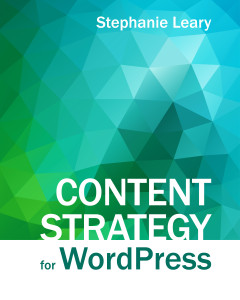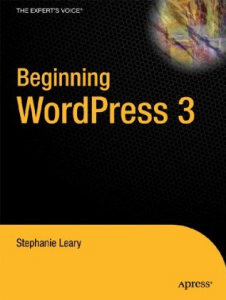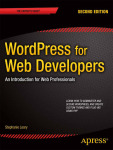Via Library Thing’s blog, I discovered that LT had created a handy little bookmark that would let you search the contents of your books — provided they’d been scanned by Google.
I’d been more or less ignoring Google’s new My Library feature, because a quick skim of the announcement told me more or less what Tim summarizes in the LT post:
Google just doesn’t have the sort of books that regular people have. Most of their books come from a handful of academic libraries, and academic libraries don’t have the same editions regular people have. Then there are the books publishers have explicitly removed from Google Book Search. Success rates of below 50% were common.
But the bookmarklet sounded cool, so I exported my library and pasted the ISBNs into Google.
The result? “Added 160 books […] Could not add 989 items.”
How delightful. Of course, I’m happy to be able to search those 160; don’t get me wrong. And I’m pleasantly surprised to see that a lot of my small press books, particularly those from Subterranean, Meisha Merlin (RIP), Old Earth, Prime, Golden Gryphon, and Night Shade were among those imported. Quite a few of my web reference books made it in, too, which will be useful.
Being able to search the text of my books, and having the result come up as a scan of the page with my search terms highlighted, is unspeakably cool. Google is just limited by their own manpower and by publishers’ restrictions, which is a shame. This could be a great service. Right now the limited selection of books makes it mostly a toy.
(ETA: be sure and see the comments for a tip on improving Google’s recognition rate.)




Oh, very good tip! That’s exactly what I was doing, and I’d forgotten that Excel is so very “helpful” with leading zeroes. It didn’t zap all of them, though, which I find bizarre.
Still, that got me closer to 50%. Thanks!